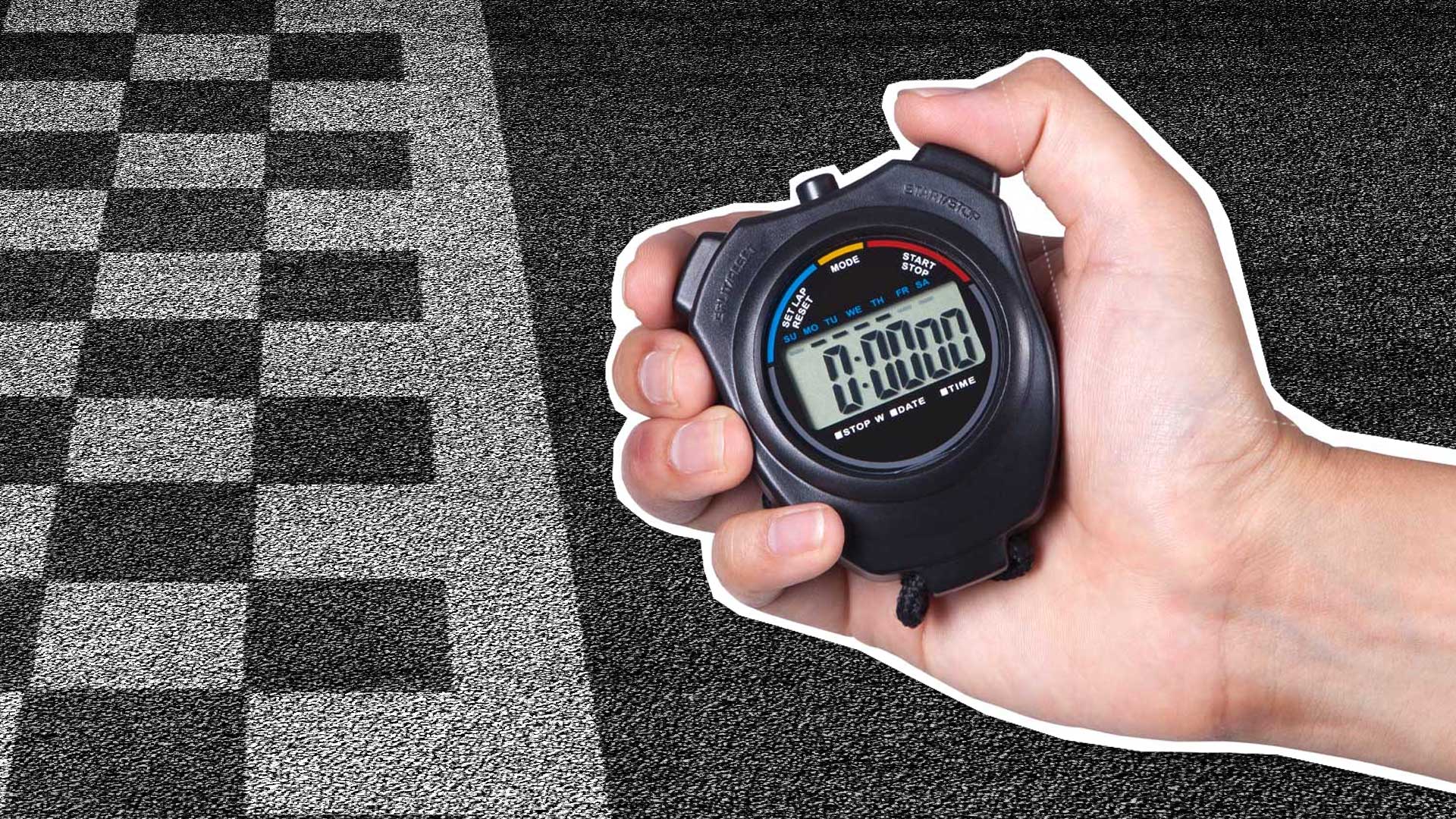15 Formula 1 Facts To Get You Wheely Excited!
Here’s everything you need to know about the fastest sport on four wheels… Formula 1!
Formula 1 is one of the fastest, most dangerous sports in the world. Drivers can reach an average of 200 miles per hour and are backed by a team of several hundred people, including engineers and technicians who use their knowledge to make their team’s cars the fastest on the track. Here are 15 amazing facts to make your jaw drop!
1. The first world championship race took place in England

The first F1 World Championship race was held at the Silverstone circuit May 13, 1950. It was won by Italian driver Nino Farina. His Alfa Romeo team mate Luigi Fagioli was placed second, while British driver Reg Parnell came in third. 100,000 people were said to have attended the event!
2. Tyres play a very important role

Tyre management and tactics play a very important role in Formula 1 racing. Tyre manufacturers Pirelli are the exclusive suppliers to F1, and provide teams with different compounds (soft, medium, hard) and wet weather tires (intermediate, wet). Tyre selection can really make a difference in the race results!
3. The ‘Formula’ has nothing to do with science

The Fédération Internationale de l’Automobile (FIA) made a list of rules and regulations that teams and drivers must stick to if they’re allowed to participate in races. The rules are known as the ‘formula’.
4. Over 1.5 billion people watch Formula 1 on TV

Formula 1 is one of the most popular sports in the world and over 1.5 billion people in total tuned in throughout the 2023 season.
5. Ferrari are the most successful team in F1 history

Italian team Scuderia Ferrari have won the Constructors’ Championship 16 times, the driver’s championship 15 times and 240 race victories. They’ve also competed in every Formula 1 season since it began in 1950.
6. Pole position is the most important part of the starting grid

The driver who achieves the fastest lap time in the qualifying race before the main event is awarded pole position, which allows them to be first in the starting grid and will give them a great advantage at the beginning of the race.
7. Sir Lewis Hamilton has the most F1 wins ever

As of June 2024, Sir Lewis Hamilton holds the record for the most F1 wins with 103 victories. The legendary German driver Michael Schumacher won 91 times.
8. The length of a Formula 1 race is 190 miles

F1 races must last a minimum of 190 miles or a maximum of 2 hours, whichever comes first. This doesn’t apply to every circuit, though. The Monaco Grand Prix – which takes place at the Circuit de Monaco in Monte Carlo – lasts for 78 laps.
9. Pit stop technicians are lightning fast

Cars will need to stop for tyre changes and even minor repairs during a race. Because every second counts during these sporting events, pit stops are very quick, as teams are well-practiced in changing tyres in less than three seconds!
10. Formula 1 cars are equipped with cutting edge technology

Teams use a special technology system called telemetry to monitor their car’s performance during the race. This will give the technicians vital information on the engine’s performance and tyre condition while their driver is zipping around the circuit at high speed.
11. Formula 1 takes place on different types of tracks

Formula 1 drivers use their skill and quick reflects to navigate their way around lots of different circuits during the racing season. There are traditional race tracks like Silverstone, street circuits in Monaco), and mixed circuits like Singapore.
12. Formula 1 cars are as loud as a rock concert

Formula 1 cars make a lot of noise and their engines can register 130 decibels, which is the same as a very loud rock concert. They used to be even louder, but the decibel rating has decreased due to advances in technology.
13. Drivers can reach 100 miles per hour in a just a few seconds

PLEASE DELETE AFTER READING WITH THE FOLLOWING… write a description of the above fact between 40-100 words. This paragraph should go into more detail about what the fact means.
14. A Formula 1 engine is changed every 7 races

Formula 1 car engines are robust and built to last, but rules allow for an engine to be changed three times during a racing season which means a driver can enjoy a shiny new engine every 7 or 8 races, depending on the length of the season. An engine can cost around £8.3 million!
15. There are lots of flags to look out for during an F1 race

When you see the chequered flag, it means the race has been won and continue to be waved as each car crosses the finish line. There are different coloured flags to tell drivers various pieces of information throughout the race. A green flag, for example, means the race track is clear and there are no problems on the circuit. A red flag is used to tell drivers that the race has been stopped due to bad weather conditions or that a serious accident has happened. A yellow and black flag means there’s oil on the track and to be careful.















